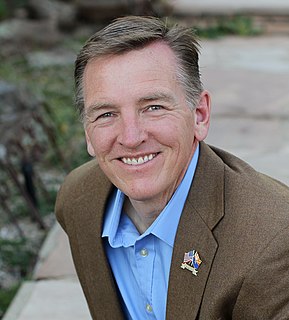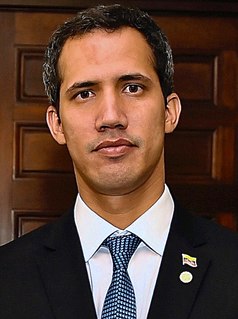A Quote by Kayleigh McEnany
With regard to the Constitution, the power to create 'a uniform rule of naturalization' does not rest in Article II, but in Article I, making it a power of Congress and not the President.
Related Quotes
Under Article II, all executive power is vested in one president of the United States. The regulatory state is Congress's efforts to undermine the president's authority. And my hope is we will see a president use that constitutional authority to rein in the uncontrollable, unelected bureaucrats and to rescind regulations.
If Trump wants to corruptly direct the conduct of an investigation in order to out an FBI source who was helping our government investigate Russian interference in our electoral processes, well, Article II of the Constitution begins with these terrifying words: 'The executive Power shall be vested in a President of the United States of America.'
I believe that the power to declare war is most important in limiting the powers of the national government in regard to the rights of its citizens, but that it does not require Congress to give its approval before the president uses force abroad. I do not believe that the framers of the Constitution understood the power to declare to mean "authorize" or "commence" war. That does not mean that the separation of powers or checks and balances will not work.
The president does not have power under the Constitution to unilaterally authorize a military attack in a situation that does not involve stopping an actual or imminent threat to the nation. As commander in chief, the president does have a duty to protect and defend the United States. In instances of self-defense, the president would be within his constitutional authority to act before advising Congress or seeking its consent.
Now, therefore, I, Gerald R. Ford, President of the United States, pursuant to the pardon power conferred upon me by Article II, Section 2, of the Constitution, have granted and by these presents do grant a full, free, and absolute pardon unto Richard Nixon for all offenses against the United States which he, Richard Nixon, has committed or may have committed or taken part in during the period from January 20, 1969 through August 9, 1974.
































